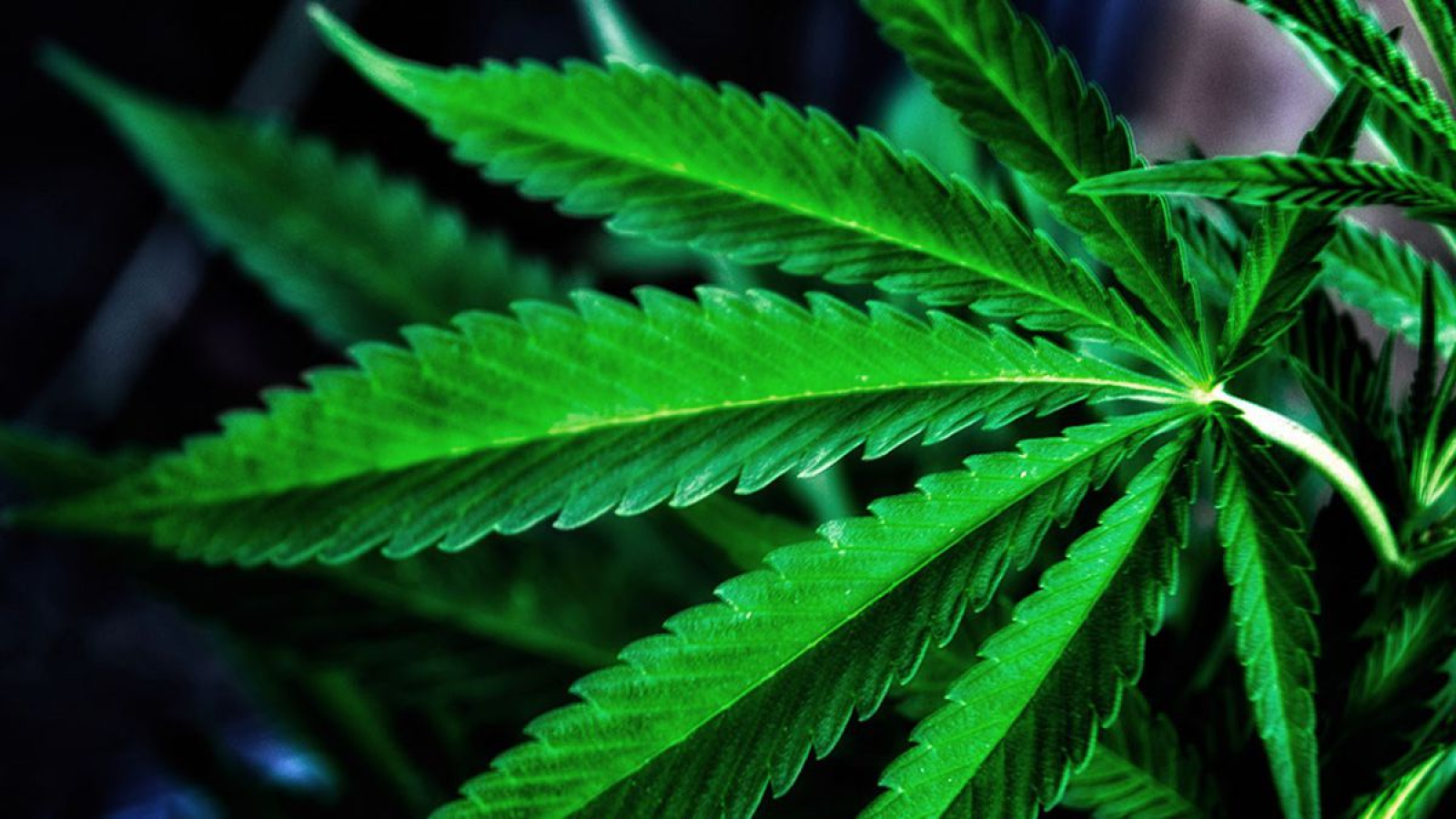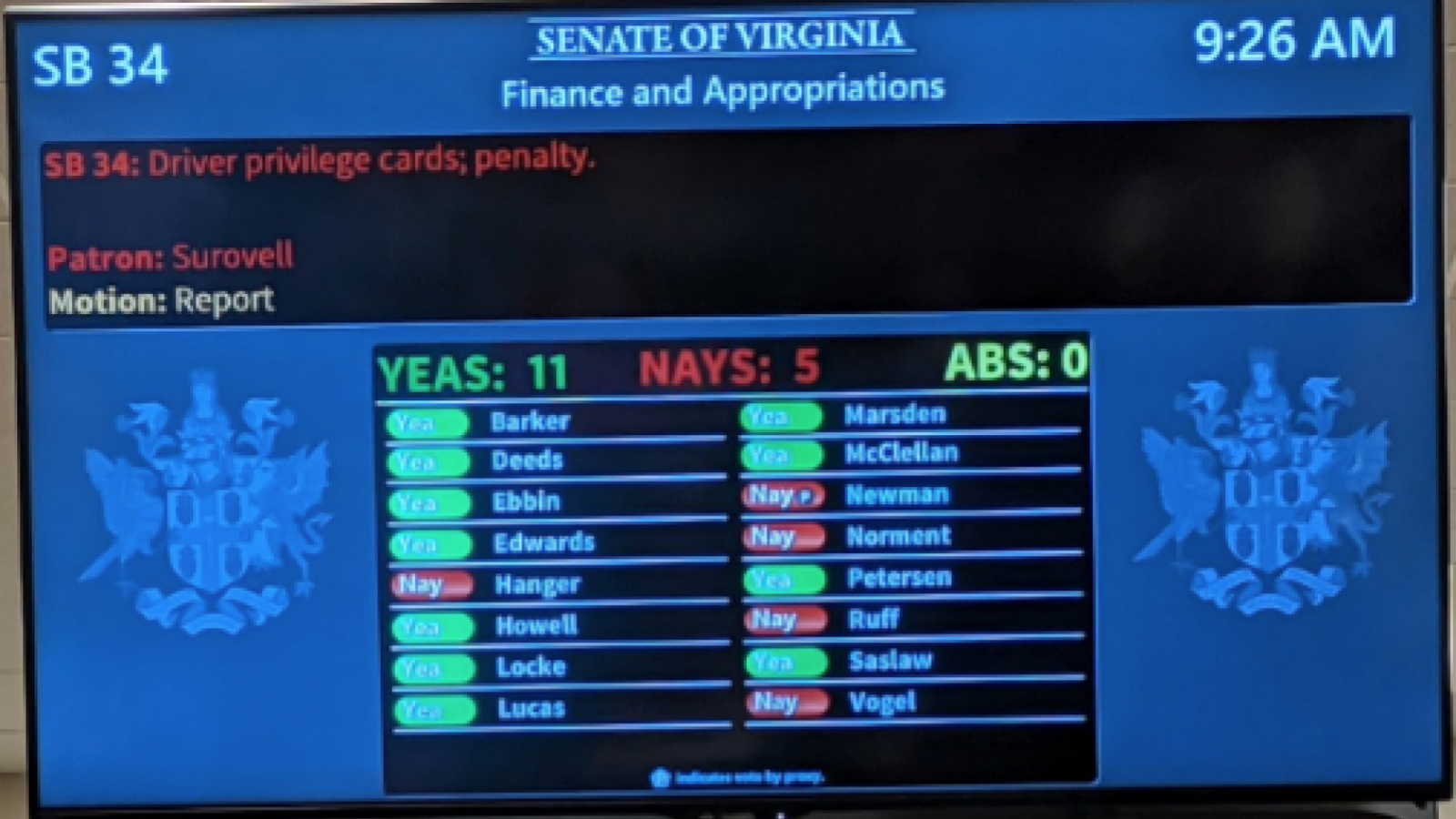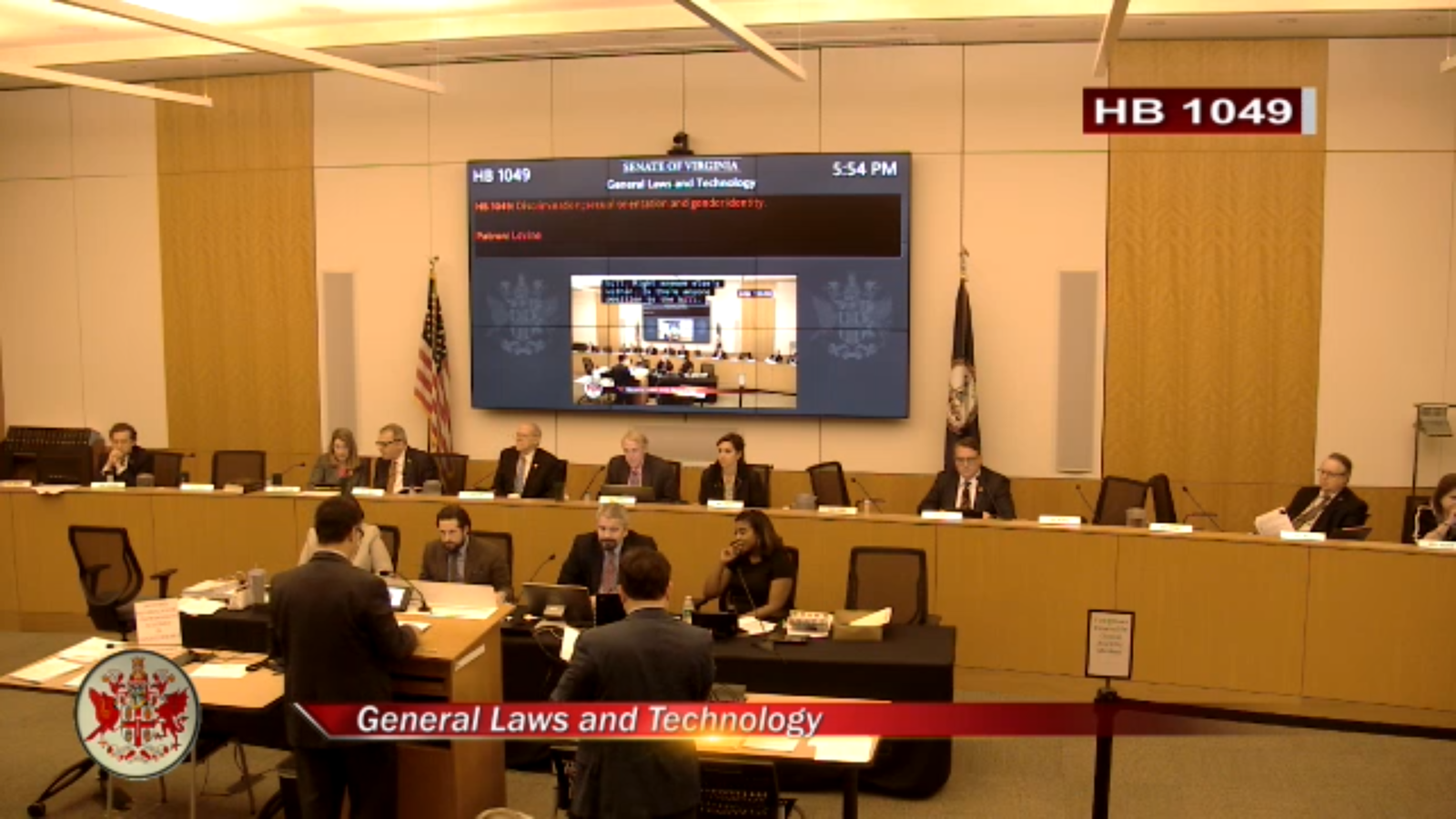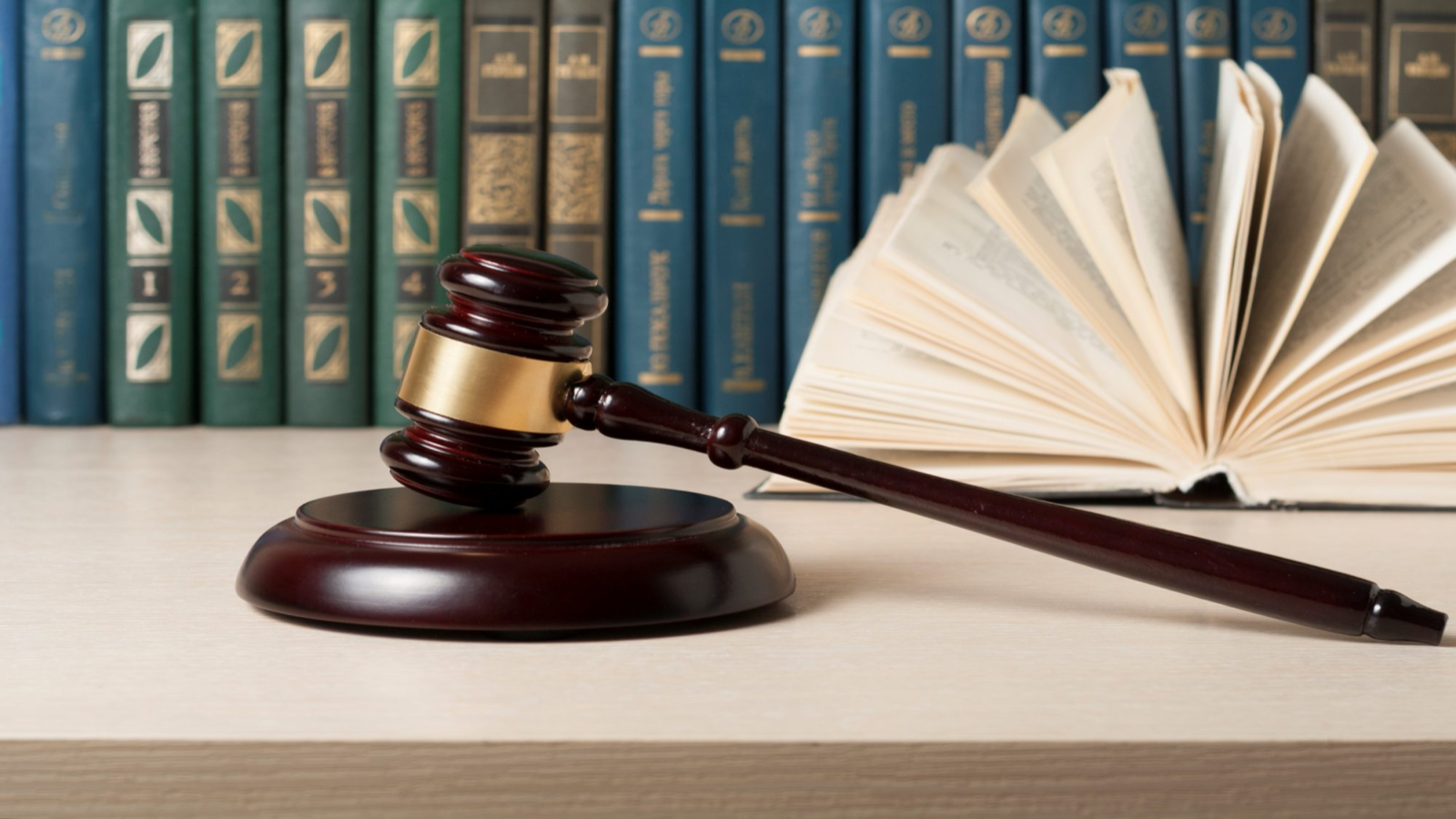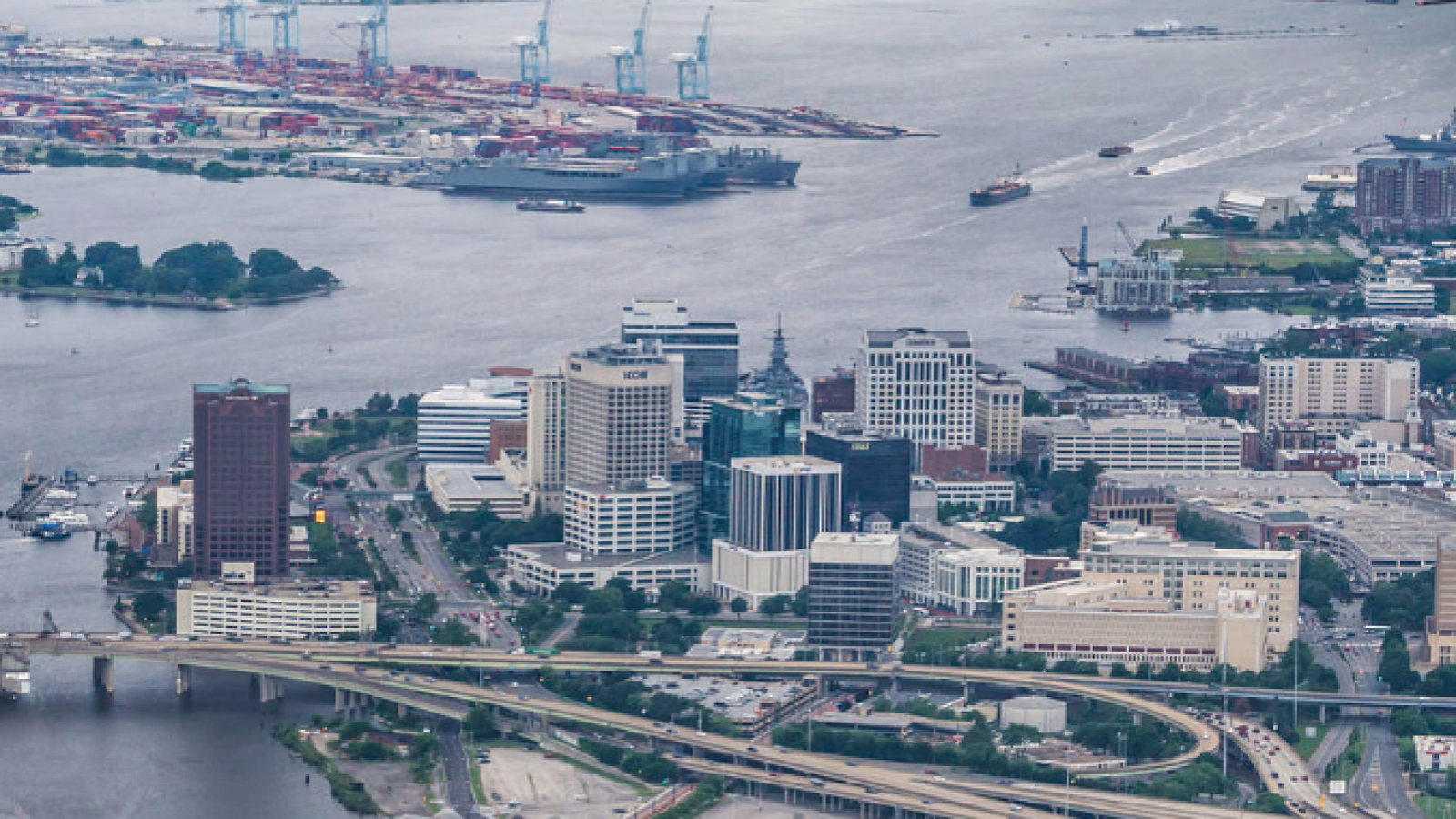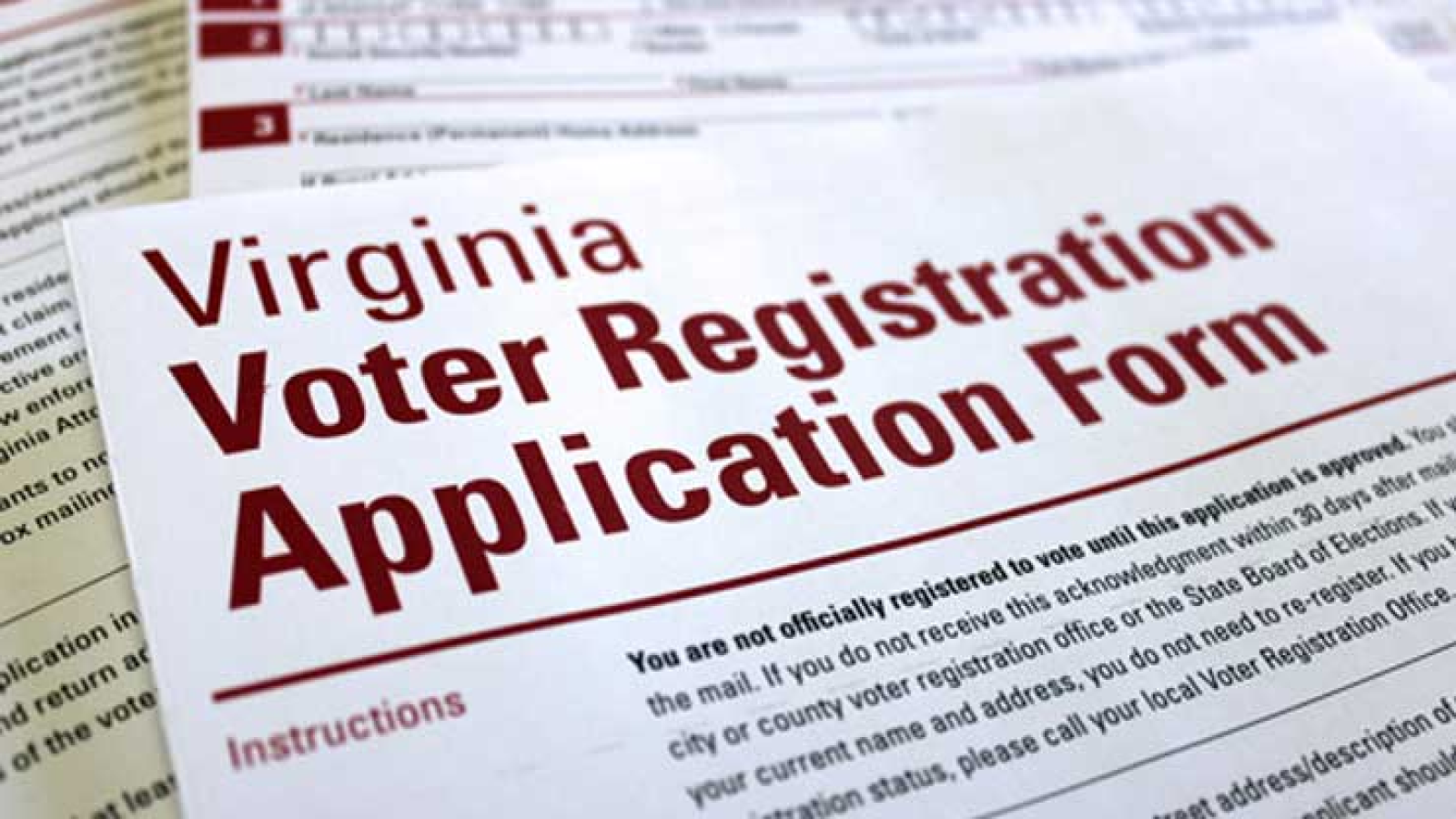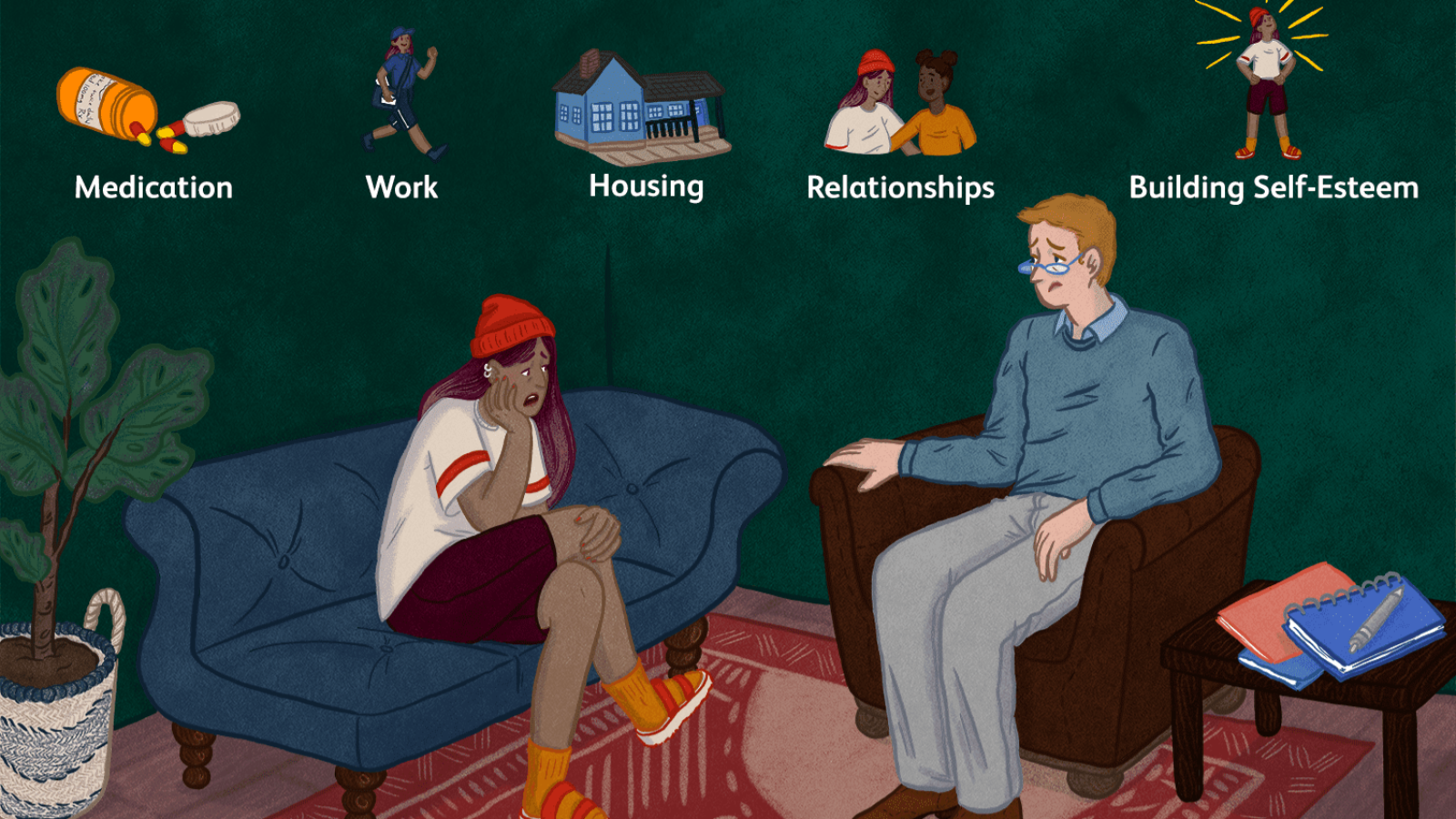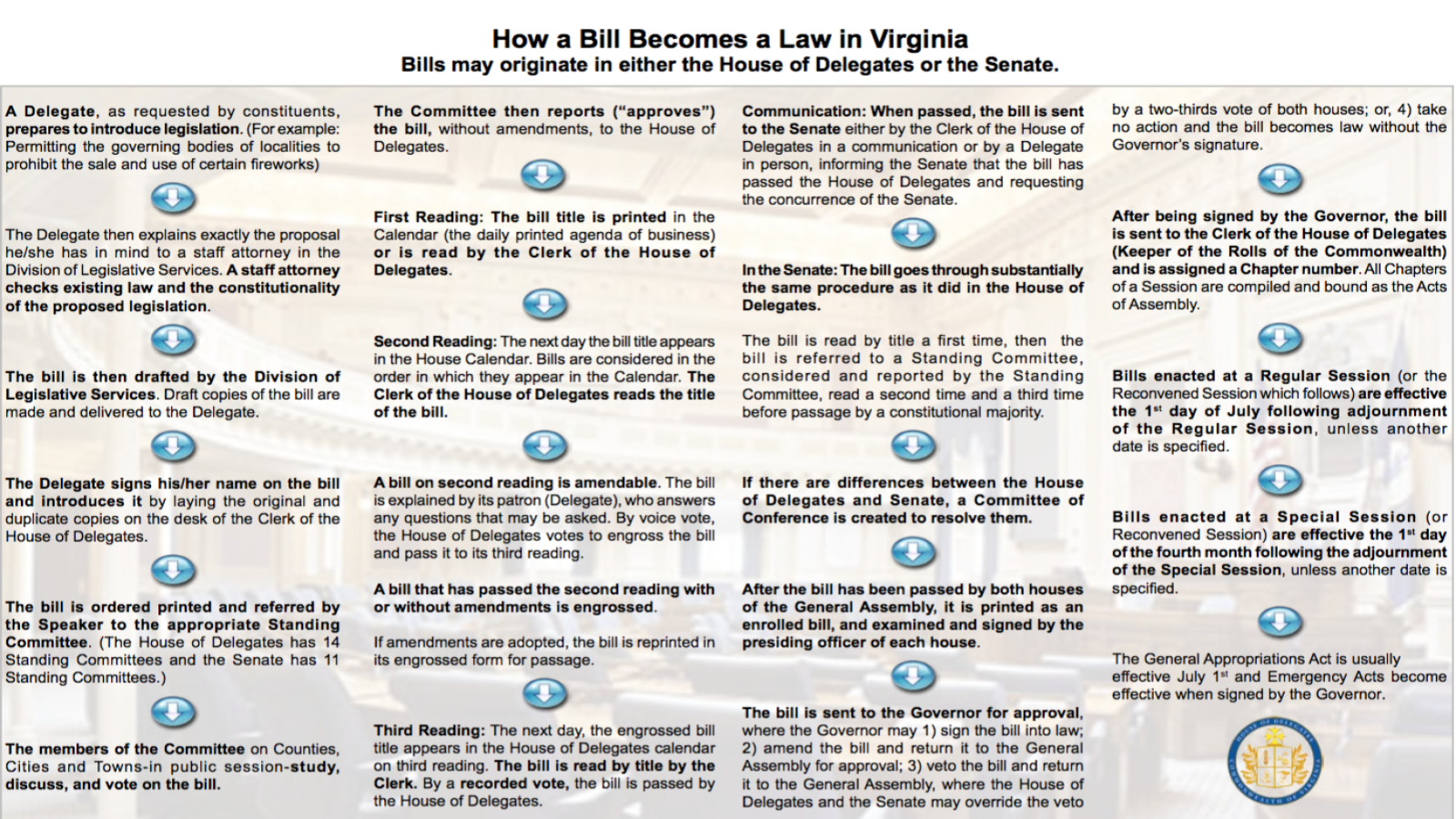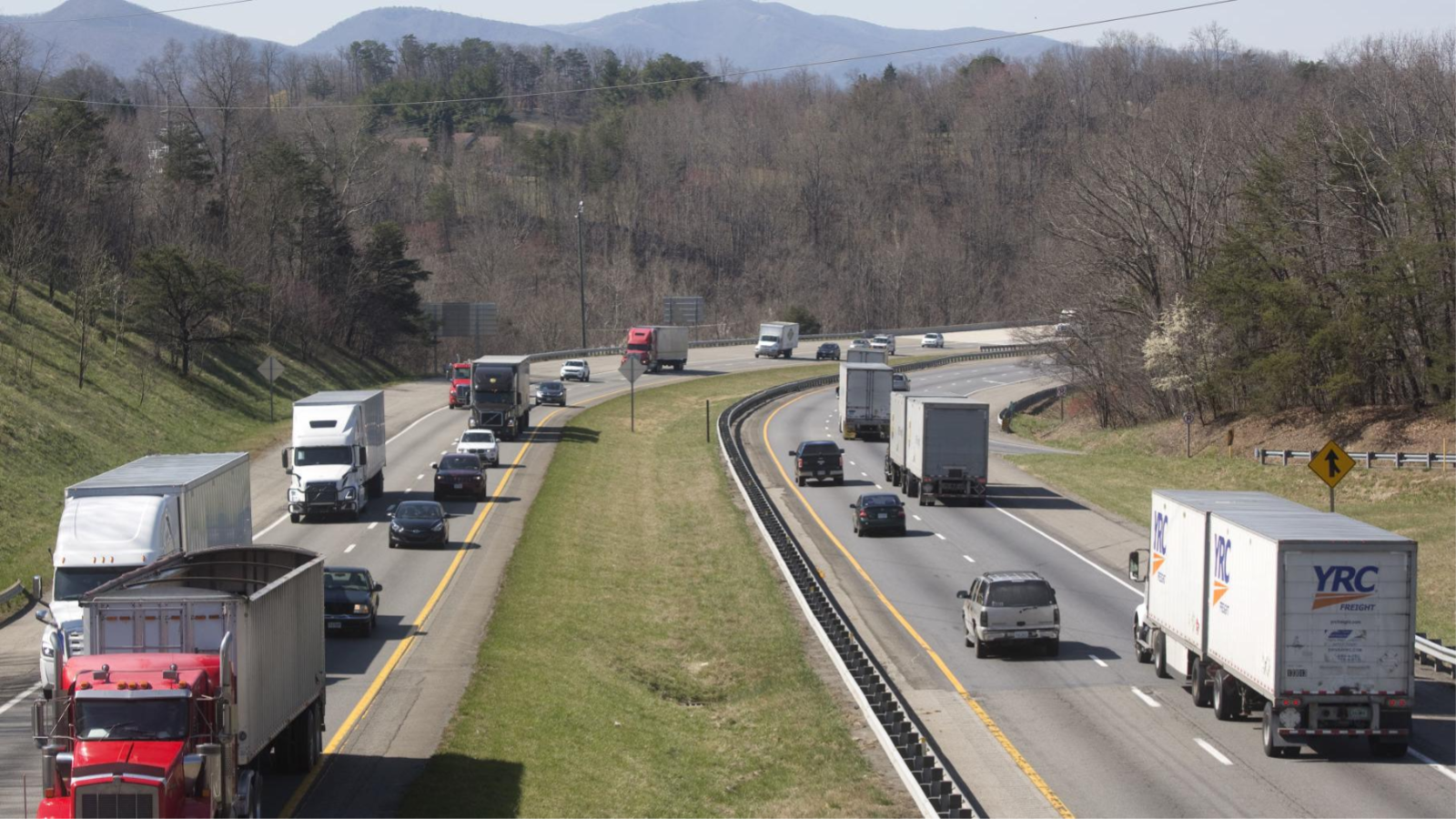Meets at: Tuesday, 1/2 hour after adjournment, Senate Room A, Pocahontas Building
Members: Chap Petersen (Chair) – Barbara Favola – Emmett Hanger – Ghazala Hashmi – Lynwood Lewis – Dave Marsden – Monty Mason – Jennifer McClellan – Joe Morrissey – Mark Obenshain – Todd Pillion – Frank Ruff –Bill Stanley – Richard Stuart – Dave Suetterlein
(8 Democrats and 7 Republicans)
Subcommittees:
- Companion Animals
- Hemp
- Menhaden
